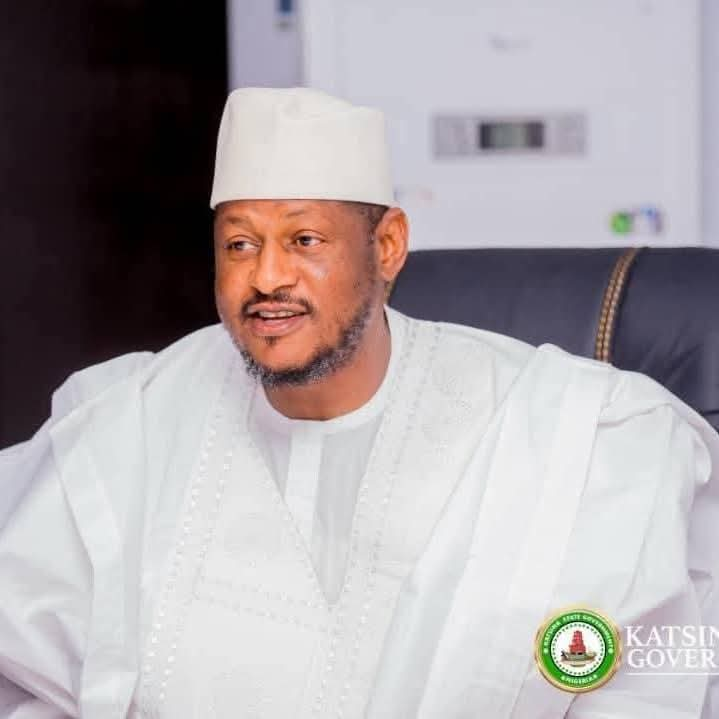Gold, Guns, and Quiet: Inside Katsina's Uneasy Truce

Gold, Guns, and a Fragile Calm: A Glimpse into Katsina’s Uneasy Truce
By Katsina Times
Amid mounting concerns over the security situation in Batsari and Jibiya Local Government Areas of Katsina State, Katsina Times correspondents undertook an on-the-ground investigation to assess the current reality.
On Wednesday, 30 April 2025, our team travelled to several rural communities and forested areas once gripped by violence and criminality. We commenced our visit in Batsarin Alhaji, a village in Batsari LGA. While the signs of abandonment were evident—numerous houses lay deserted—we observed a few resilient farmers preparing their farmlands for cultivation. At a former kidnapping hotspot near the mining zone of Haƙon Tali forest, calm prevailed, with no immediate indicators of insecurity.
In Tashar Modibbo, residents received us with warmth, offering traditional refreshments and asserting that the surrounding areas, including the forests and neighbouring villages, were now free from threats. We continued westwards, passing through various settlements, bathing in a nearby stream before arriving at Sola—a location once central to peace negotiations during Governor Masari’s administration. From there, we advanced into Baranda Forest, where we encountered active gold mining activities involving both Hausa and Fulani individuals. Despite the presence of such potentially volatile dynamics, there was no observable tension. Motorcyclists were seen transporting sacks of mined ore to Nahuta, where it is processed.
In Garin Liman and then Nahuta, we found a bustling gold-washing centre that has evolved into a thriving market, where diverse groups now coexist in relative harmony.
Speaking to our team under condition of anonymity, a Nahuta resident remarked:
“Since the peace deal, there have been no serious issues. Even if something as minor as a needle goes missing, once Abu Raɗɗe is alerted, the culprit is swiftly identified and sanctioned, and the item recovered.”
In Madogara and Zamfarawa—communities previously ravaged by banditry—we observed signs of rebuilding and return, as displaced residents prepare to resettle following the rehabilitation of their homes.
One Batsari resident described how his stolen goats were retrieved after he reported the incident to Abu Raɗɗe, a locally recognised peace enforcer. The suspect was apprehended, disciplined, and the livestock returned.
Our findings suggest that areas previously deemed dangerous are now traversable without fear. While some individuals still bear arms, they do not appear to pose an immediate threat to the public.
This fragile calm seems rooted in a series of peace talks initiated by armed factions themselves, held in Kofa in collaboration with military authorities. A similar dialogue was facilitated in Jibiya by a local figure, Abdu Lankai, and the results on the ground are telling.
Our team successfully travelled from Batsari to Jibiya without encountering any security incidents, guided by a local youth familiar with the terrain. Photographic and video documentation from the journey will be made available on the Katsina Times Media Forum for public viewing.
While the return of peace to parts of Batsari and Jibiya is promising, the sustainability of this fragile truce remains uncertain. Nonetheless, it offers a glimmer of hope that with continued dialogue and community cooperation, peace might yet take root across the entirety of Katsina State.

